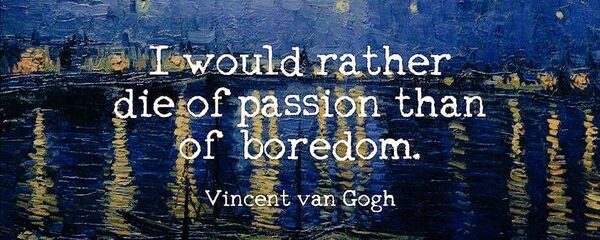
Photo by Google
Eating is much but accommodating is little.
Never forget benefits done you, regardless how small.
Men made money; money never made men.
Receive a plum, return a peach.
Vietnam or Viet Nam officially the Socialist Republic of Vietnam, is a country in Southeast Asia and the easternmost country on the Indochinese Peninsula. With an estimated 96.2 million inhabitants as of 2019, it is the 15th most populous country in the world. Its capital city is Hanoi, and its most populous city is Ho Chi Minh City, also known by its former name of Saigon. Archaeological excavations indicate that Vietnam was inhabited as early as the Paleolithic age. The ancient Vietnamese nation, which was centered on the Red River valley and nearby coastal areas, was annexed by the Han dynasty in the 2nd century BC, which subsequently made Vietnam a division of Imperial China for over a millennium. The first independent monarchy emerged in the 10th century AD. This paved the way for successive imperial dynasties as the nation expanded southward until the Indochina Peninsula was colonised by the French in the late 19th century. Modern Vietnam was born upon the Proclamation of Independence from France in 1945. Following Vietnamese victory against the French in the First Indochina War, which ended in 1954, the nation was divided into two rival states: communist North and anti-communist South. Conflicts intensified in the Vietnam War, which saw extensive US intervention in support of South Vietnam and ended with North Vietnamese victory in 1975. After North and South Vietnam were reunified as a communist state under a unitary socialist government in 1976, the country became economically and politically isolated until 1986, when the Communist Party initiated a series of economic and political reforms that facilitated Vietnamese integration into world politics and the global economy.
Ho Chi Min
Ho Chi Minh City commonly known by its previous name, Saigon, is the most-populous and largest city in Vietnam. Prior to Vietnamese settlement in the 17th century, the city was a scarcely populated area that had been part of historic kingdoms of Funan, Champa, and Khmer successively. With the arrival of the Vietnamese, the area became more prosperous and officials began establishing the city from 1623 to 1698. After it was ceded by the last Vietnamese dynasty to the French in 1862, the name Saigon was adopted and the city underwent urbanisation to become an important economic centre in the region. The city was the capital of South Vietnam until the end of the Vietnam War with North Vietnamese victory in 1975. In 1976, the government of a unified Vietnam renamed Saigon to its current official name in honour of the communist leader Hồ Chí Minh.
Mekong Delta
The Mekong Delta is the region in southwestern Vietnam where the Mekong River approaches and empties into the sea through a network of distributaries. The Mekong delta region encompasses a large portion of southwestern Vietnam of over 40,500 square kilometres (15,600 sq mi).The size of the area covered by water depends on the season. The Mekong Delta has been dubbed a ‘biological treasure trove’. Over 1,000 animal species were recorded between 1997 and 2007 and new species of plants, fish, lizards, and mammals have been discovered in previously unexplored areas, including the Laotian rock rat, thought to be extinct.












































